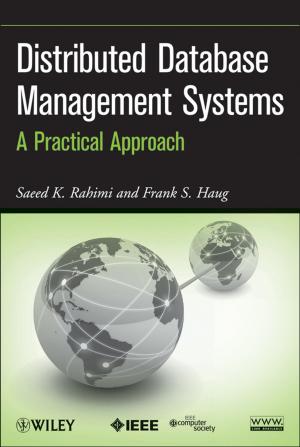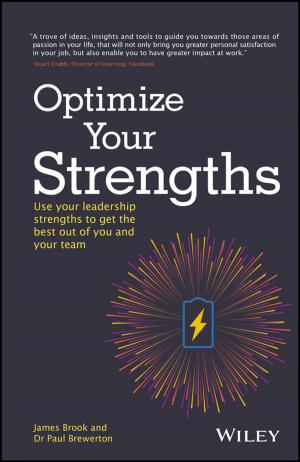Will Robots Take Your Job?: A Plea for Consensus
Nonfiction, Science & Nature, Science, Other Sciences, Philosophy & Social Aspects| Author: | Nigel M. de S. Cameron | ISBN: | 9781509509591 |
| Publisher: | Wiley | Publication: | June 23, 2017 |
| Imprint: | Polity | Language: | English |
| Author: | Nigel M. de S. Cameron |
| ISBN: | 9781509509591 |
| Publisher: | Wiley |
| Publication: | June 23, 2017 |
| Imprint: | Polity |
| Language: | English |
The trend that began with ATMs and do-it-yourself checkouts is moving at lightning speed. Everything from driving to teaching to the care of the elderly and, indeed, code-writing can now be done by smart machines. Conventional wisdom says there will be new jobs to replace those we lose – but is it so simple? And are we ready?
Technology writer and think-tank director Nigel Cameron argues it's naive to believe we face a smooth transition. Whether or not there are "new" jobs, we face massive disruption as the jobs millions of us are doing get outsourced to machines. A twenty-first-century "rust belt" will rapidly corrode the labor market and affect literally hundreds of different kinds of jobs simultaneously.
Robots won't design our future – we will. Yet shockingly, political leaders and policy makers don't seem to have this in their line of sight. So how should we assess and prepare for the risks of this unknown future?
The trend that began with ATMs and do-it-yourself checkouts is moving at lightning speed. Everything from driving to teaching to the care of the elderly and, indeed, code-writing can now be done by smart machines. Conventional wisdom says there will be new jobs to replace those we lose – but is it so simple? And are we ready?
Technology writer and think-tank director Nigel Cameron argues it's naive to believe we face a smooth transition. Whether or not there are "new" jobs, we face massive disruption as the jobs millions of us are doing get outsourced to machines. A twenty-first-century "rust belt" will rapidly corrode the labor market and affect literally hundreds of different kinds of jobs simultaneously.
Robots won't design our future – we will. Yet shockingly, political leaders and policy makers don't seem to have this in their line of sight. So how should we assess and prepare for the risks of this unknown future?















